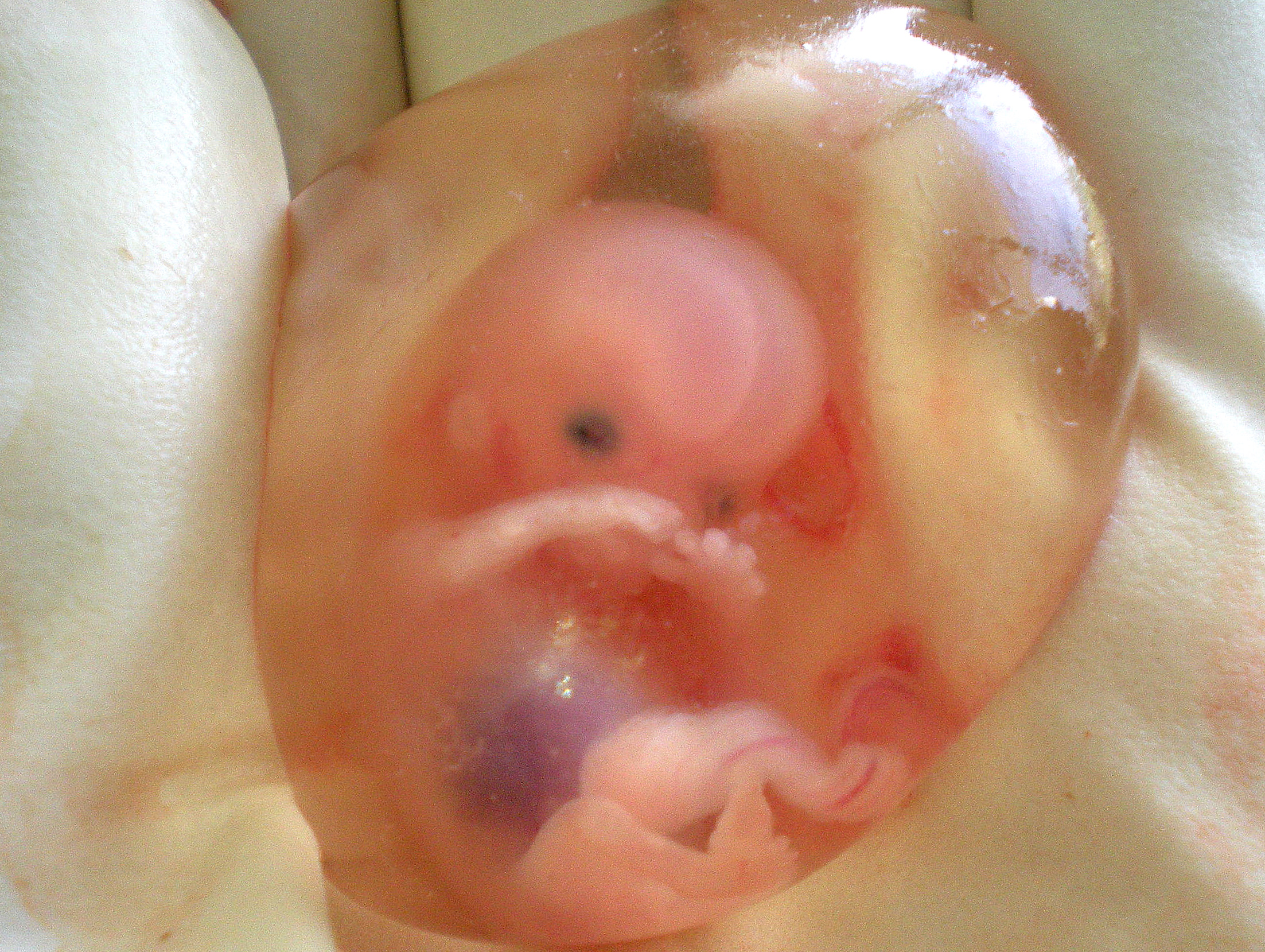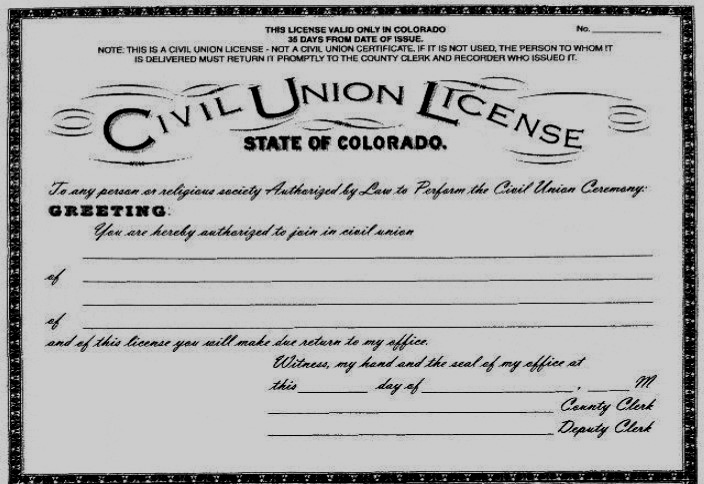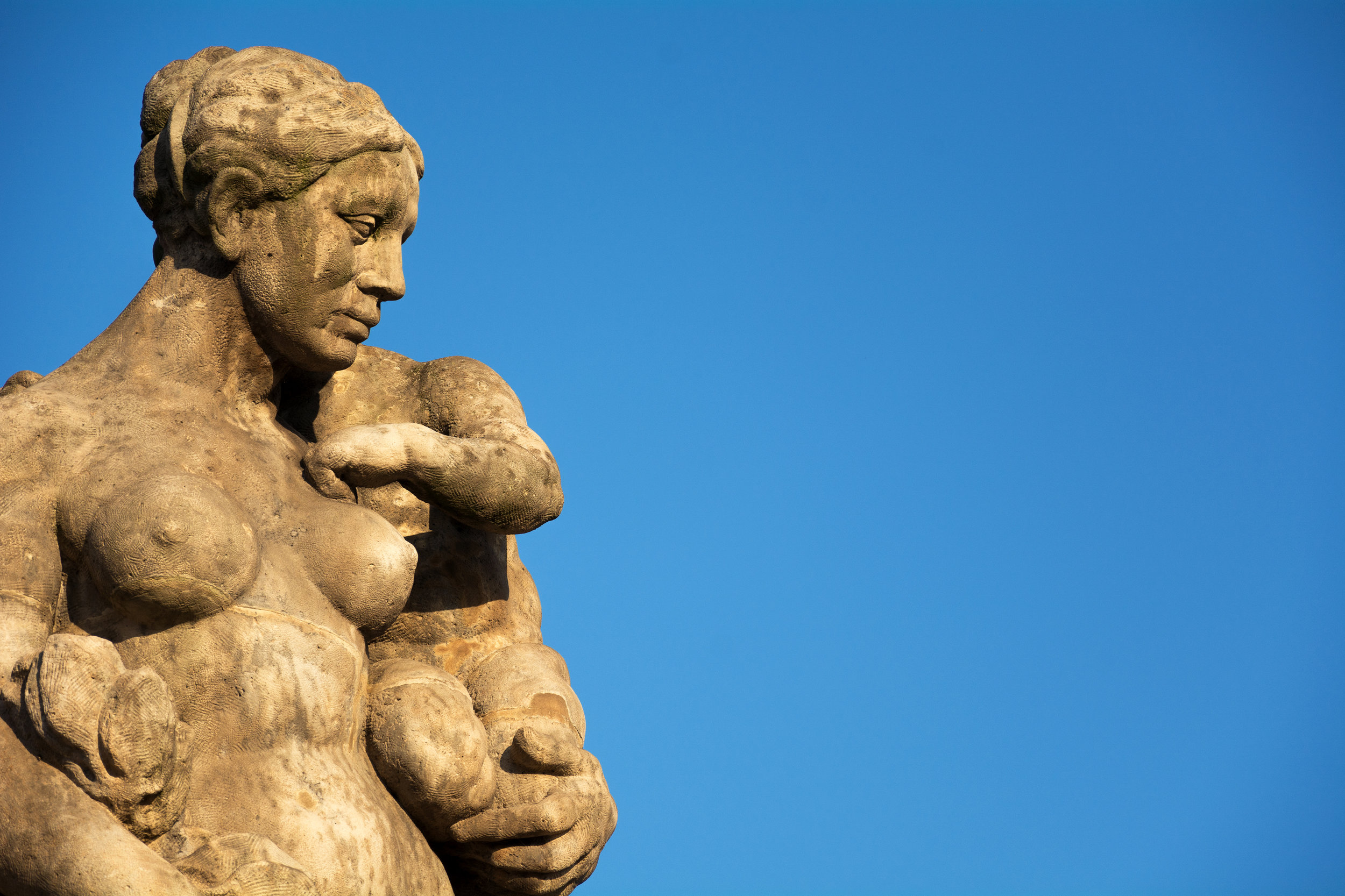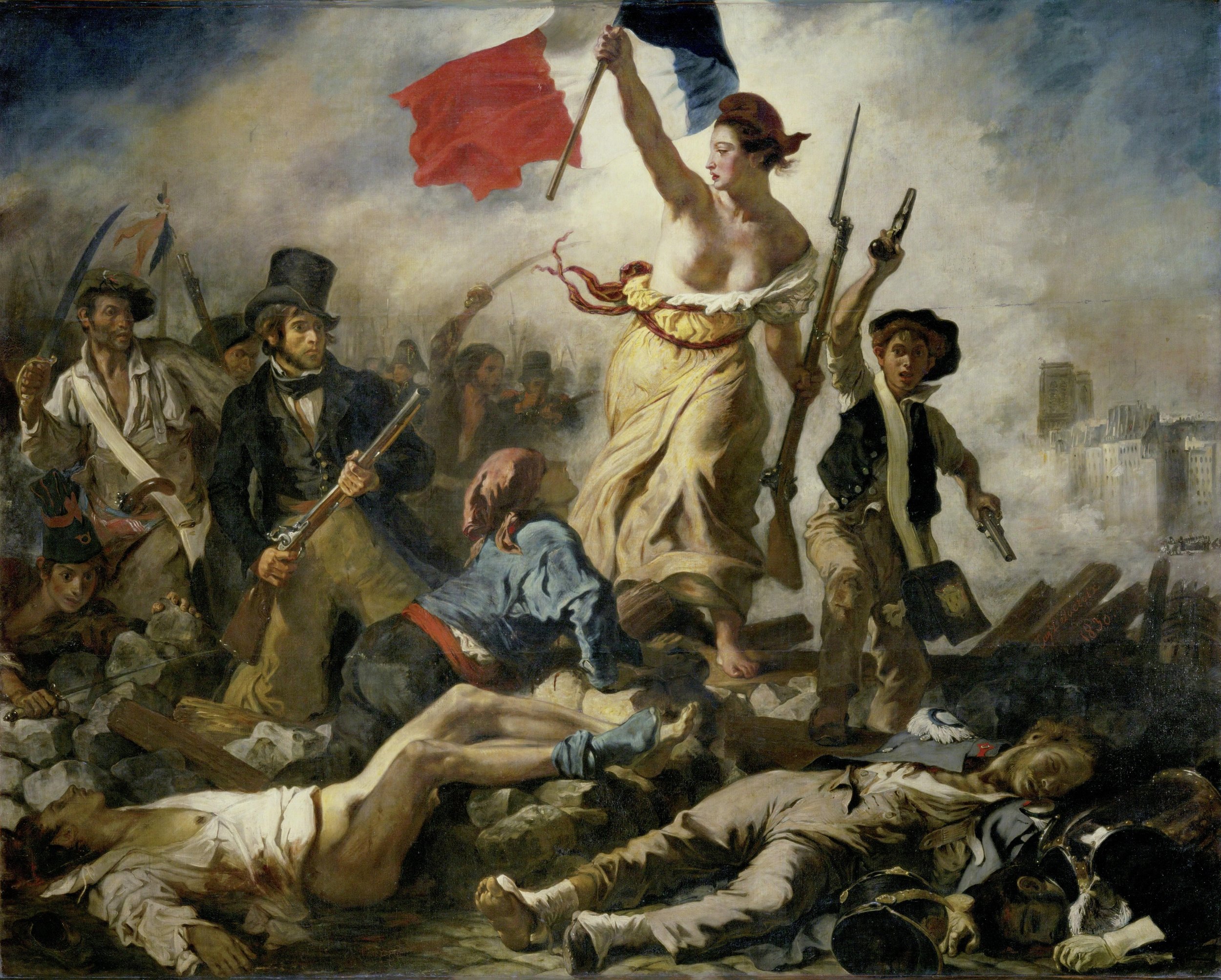A Critique of the Left
From a Christian Restorative Justice Perspective
Photo credit: DonkeyHotey | CC2.0, Flickr.
Introduction
The term “Left” is used here broadly to refer to various threads of political traditions that tend to coalesce in the U.S.: romantic individualism (cultural leftism), atheism and hegemonic secularism (metaphysical leftism), the reduction of people down to bodies, along with a utilitarian-economic framing for life (economic leftism), and in some cases the radical communist wing where collective ownership replaces other forms (communist leftism). The “Left,” broadly, tends to underestimate the importance of religion, tribal identity, and other ideologies in people’s behavior, like when people are willing to sacrifice their economic interests in order to push other people down further. The modern U.S. Democratic Party — especially that of Clinton and Obama — is viewed as culturally left-leaning and economically right-leaning.
See Critique of the Right for an examination of domestic issues associated with the spectrum on the political right. Please also see our Study and Action Guides which apply Christian restorative justice to various fields.
Messages and Resources on a Christian Restorative Justice Critique of the Left
Why Question Atheism from a Political and Moral Perspective?
A presentation on how the Enlightenment tradition gave birth to racist liberal democracies on the one hand, and Marxist communism/state-capitalism on the other. The Enlightenment tried to dethrone Christian faith from political theory and the Christian church from political power. Thus, the ideology of the individual and the nation-state went to these two extremes, colored by the presumption of cultural, intellectual, and spiritual superiority that Europeans had about themselves. Protestant heresies, fed by self-imposed Protestant ignorance about the church prior to Luther, and combined with a growing nationalism, accelerated the problem. Race became the badge of membership in Empire or the token of citizenship in the Nation-State. Authentic Christianity, therefore, must stress Pentecost (a principled cultural diversity) as the expression of Jesus' new humanity for all humanity.
Human Dignity: Does Every Individual Matter?
Science, philosophy, existentialism, other religions, and double-predestination based theologies mean that some human beings do not matter. Only a fully Trinitarian theology with a medical substitutionary atonement can provide an adequate foundation. A 30 - 40 minute read.
God as the Foundation of Human Rights
Text of a message on Genesis 1 - 11, which was aware of other Ancient Near Eastern and Mediterranean creation stories, and argued against them, as shown by the literary analysis of these literatures. Topics of disagreement include: the value of every human being; the relations of humans and God/gods; the reason for catastrophes like the Flood; the resolution or movement.
Christian Faith, Not Secularism, as the Basis for Political Pluralism and Economic Progressivism
A brief outline explaining from both biblical texts and early church precedent why Christian faith leads to a political posture of human rights without theocracy. There is a vision for relational obligations, and principled respect for other religions.
The Problem of the Body for the Liberal Theory of Personhood: Your Body is Not Just Your Own
A message from 1 Corinthians 6:18 - 20 highlighting how the individualistic view of human bodies does not account for relationality and relational obligations.
Future Reflections:
The Problem of Obligation for Liberal Contract Theory: You Don't Choose Your Parents, Country, or Descendants But Have to Honor Them Anyway (TBD)
The Problem of Overlapping Personhood and Bodies: Why Secular Liberalism Struggles with Parenting, Dependence, Abortion, Bioethics, and Racial Injustice (TBD)
The Problem of Addiction for the Liberal Theory of Individual Choice: An Argument for Virtues and Responsibilities Over Rights (TBD)
The Encumbered Self vs. the Autonomous Self: Reflections on Michael J. Sandel's Invitation to Doing Public Justice (TBD)
Why Progressive Christians Should Critique the Left, Not Just the Right - Why "Prophetic Critiques of the Church" Should Become Evangelistic-Prophetic Critiques of the World (TBD)
Christian Restorative Justice Critique of the Left: Domestic Policy Topics:
This page is part of our section Critique of the Left, which engages the following topics:
Christian Restorative Justice Critique of the Left: Philosophical Influences:
We critique philosophical influences behind some secularists on the left: Myth of Christian Ignorance responds to the accusation that Christian faith led to a “dark ages” and technological backwardness; Secular Liberalism critiques the assumption that political and moral values can be sustained and nurtured by political procedures themselves.


















